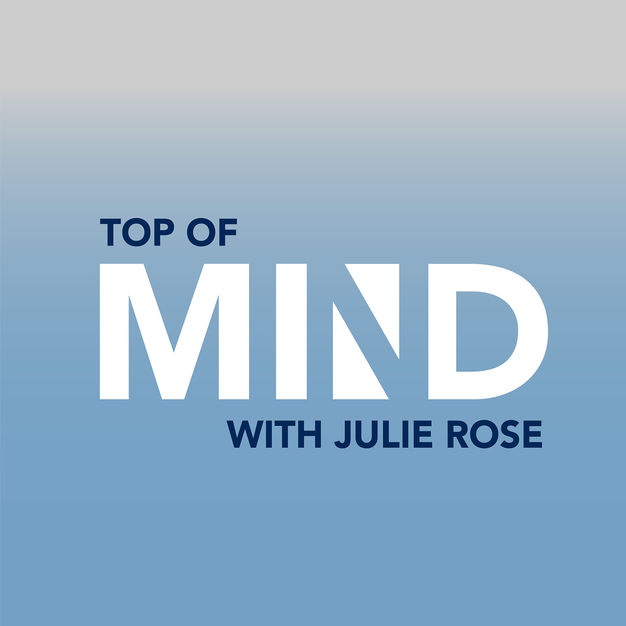🚀 From Google Podcasts to Moon FM in No Time: Your Hassle-Free Migration Guide
👉

Smart, informative conversations and interviews that go beyond mere headlines and sound bites.
Your feedback is valuable to us. Should you encounter any bugs, glitches, lack of functionality or other problems, please email us on [email protected] or join Moon.FM Telegram Group where you can talk directly to the dev team who are happy to answer any queries.